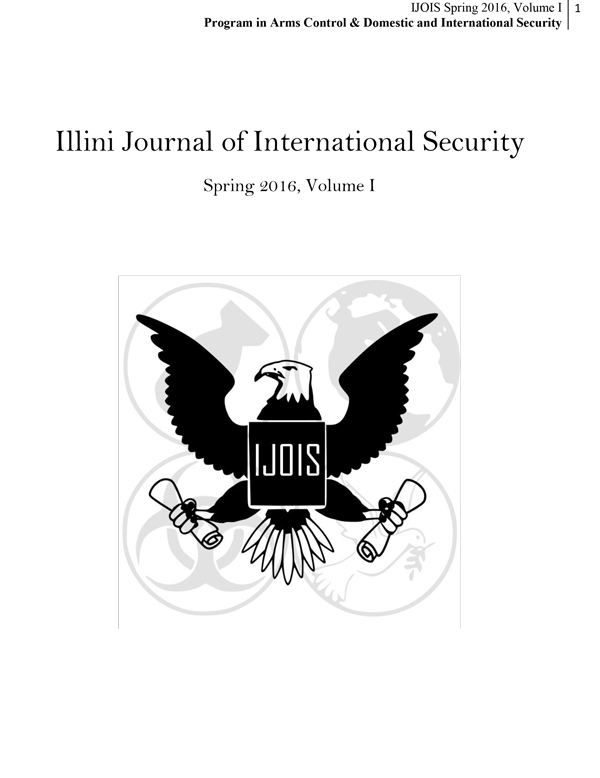American Foreign Policy Towards the Islamic State
Main Article Content
Abstract
As the Islamic State evolved, so did American foreign policy and the Obama administration’s ability to counter threats such as the Islamic State (IS). The Administration’s strategy is comprehensive and utilizes the entire capacity of the US government, its partners, and its membership organizations. The nine core elements are distinct, and each one has ratified national and international policies to demonstrate the proactive pursuit of each line of effort. In looking at statements and resolutions drafted by the UN and G-7, it is clear that the United States is driving the foreign policy discussion in the fight against IS.
It is also clear that the policy-makers behind Operation Inherent Resolve have broken free from the foreign policy axioms that hindered the Bush Administration officials from engaging in effective decision-making. Instead of superimposing liberal democratic ideals on Iraqi institutions, the United States is supporting effective and inclusive governance. Additionally, the United States is no longer of searching for American interests within American values. The US government views the fight against IS to an issue of regional and global security and enlisted its partners in the Middle East, NATO, and the United Nations to support its mission of degrading and ultimately destroying the Islamic State. This paper examines how the United States’ failed Iraq policy facilitated the rise of a radical Sunni insurgency, analyzes the United States’ foreign policy towards the Islamic State, and offers criticism of American strategy.
Article Details

This work is licensed under a Creative Commons Attribution-NonCommercial-ShareAlike 4.0 International License.

